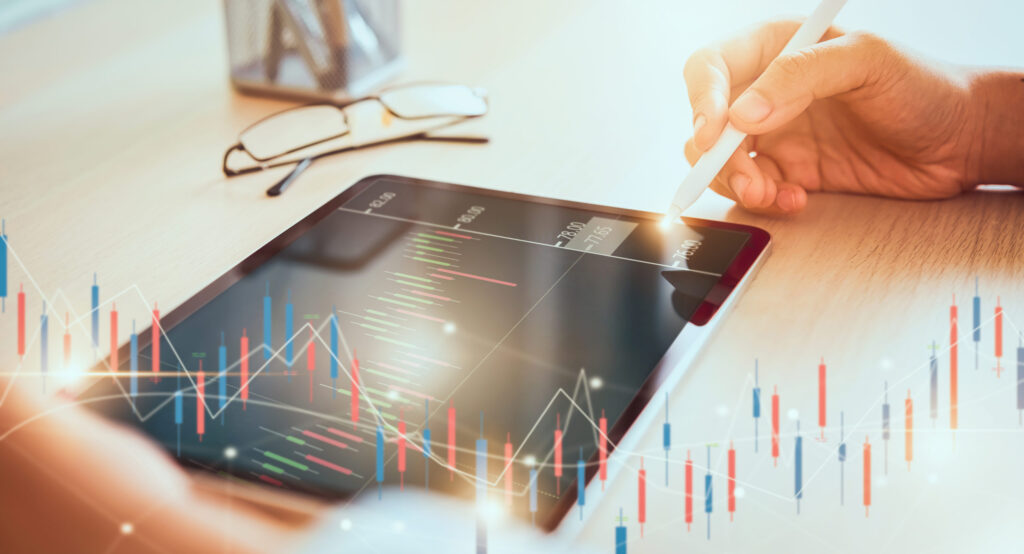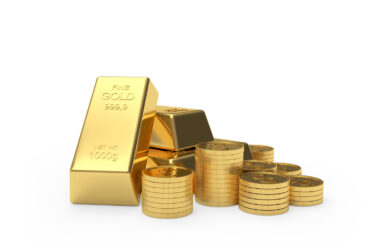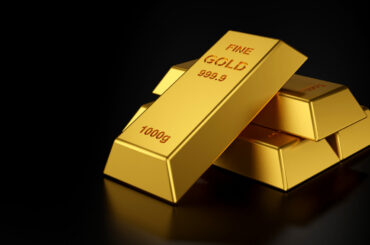In the wake of the deadly coronavirus pandemic, the woes of humanity know no bounds. Along with several people dead, and others struggling under treatment, there has been a large-scale crash in global economies. Multinational organizations are feeling the heat of the pandemic as thousands of employees are being laid off or provided lower salaries to compensate for the massive financial loss that they are incurring. Due to this situation, everyone needs to rethink their financial status so that they can strategize their financial futures. With a potential cure for the COVID-19 virus still out of sight, the pandemic and the nosediving economies are going to stay. Hence, intelligent investments and profitable ventures with Commodity Trading Platform can secure you from undergoing a financial meltdown in the next few years.
Commodity Trading- The Basics:
Commodity trading refers to that particular trading that concerns the purchase and sale of various commodities and their derivatives or by-products. Commodities refer to any agricultural substance or raw material that can be bought or sold. They include gold, crude oil, rice, pulses, and wheat amongst others. A good amount of engagement in the trading of commodities can create diversity in your asset portfolio. But before you initiate commodity trading, it is mandatory for you to get trained in the nuances of the concerned trading and get acquainted with the said market and how things operate here.
What are the Different Types of Commodities?
A few of the commodities which are traded generally include the following:
- Agricultural commodities include rice, pulses, Bajra, wheat, rubber, cotton, etc.
- Metals include industrial metals like iron ore, copper, aluminum and precious metals like gold, silver, and the like.
- Energy including crude oil, coal, natural gas, etc.
What do you mean by a Commodity Exchange?
A commodity exchange is a specific regulation in market where trading in commodities takes place, making it imperative to have knowledge of one before beginning commodity trading. A commodity exchange gives the traders the liberty to not deal in physical delivery of commodities and instead opt for Futures contract; an agreement that fixes the purchase or sale of a commodity at a decided price within a specified expiry date.
The national commodity exchanges that you will come across in India are the following.
- Multi Commodity Exchange of India Ltd (MCX)
- National Commodity and Derivative Exchange (NCDEX)
- Indian Commodity Exchange (ICEX)
- National Stock Exchange (NSE)
- Bombay Stock Exchange (BSE)
How will Commodity Trading safeguard your Financial Future?
The commodity market in India attracts several traders who prefer trading in Futures because of the increased financial safety that they provide. Apart from the traders, business ventures and speculators also participate in the commodity market to safeguard their financial interests. Trading in the commodity market in India is one of those lucrative opportunities that you shouldn’t let go of. As of now, even if it does not offer huge returns, at least it will always keep your financial future afloat and prevent you from succumbing to the miseries that stem from bankruptcy.
1. Diversification
Commodity returns with Commodity Trading Platform create significantly lower correlations to returns from other types of assets. Considering commodities as an individual asset class diversifies your investment portfolio and provides you with better visibility and credibility in terms of banks and other financial institutions.
2. Safeguard against Inflation
Commodities provide a really good shield against prices that tend to rise owing to periods of high inflation. It is essential to maintain a purchasing power parity.
3. Shielding Against Risk Event
The prices of commodities tend to soar due to the supply disruptions that occur owing to unprecedented situations like a war, an economic crisis, natural disaster or even something as severe as a pandemic. Trading of commodities can help you prevent financial loss by leveraging strategically on price hikes, price descents and price swings in general. If an individual who is a consumer, wants to lock in the initial prices of raw materials, he can invest in a Futures contract at the basic price that he is getting today and get himself a long hedge against price hike. A producer on the other hand could take advantage of a short hedge by selling a Futures contract and obtaining good value for his produce.
Thus, investing in a commodity market using Commodity Trading Platform and strategically planning your trading actions would help secure your future and protect you from unprecedented financial meltdowns.





